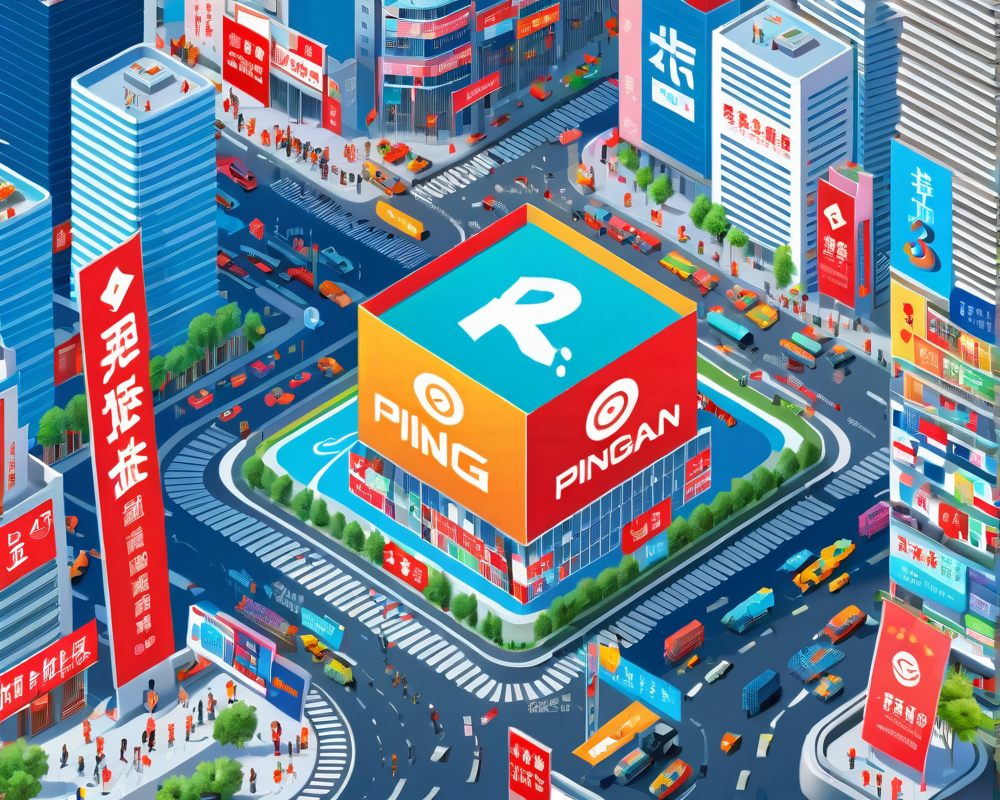Ping An Makes Waves in the Blockchain World
Recently, Ping An, China’s second-largest insurance giant, made headlines by becoming the first non-bank member of the R3 consortium—an organization that’s racing to explore how blockchain can revolutionize existing financial markets. Consider it a big deal in the world of finance and technology, where bureaucrats still struggle to figure out how to send an email without cc’ing 27 people.
A New Era of Financial Cooperation
Fran Strajnar, co-founder and CEO of BNC, a digital asset market data provider, weighed in on this momentous occasion. He asserted that Ping An’s entry is likely to “open the floodgates for other non-pure-banking global entities.” I think we should start queuing up for our blockchain entry passes now!
What Makes Ping An So Special?
Let’s break it down: Ping An isn’t just another financial player; it’s a hulking behemoth with a market cap of around $90 billion. Their focus covers the banking and insurance industries in China, signifying deep roots in multiple sectors of finance. In the wise words of R3 CEO David Rutter, their addition is nothing short of “an important milestone.” But I guess it’s not exactly like joining a Netflix fan club; it carries some serious financial weight.
The Catalyst for Change
By joining R3, Ping An is paving the way for a more diversified financial sector. Strajnar emphasizes that this will likely act as a catalyst for other companies in finance—yes, even your cousin’s startup that keeps telling you about their decentralized coffee shop concept. Traditional banks need to watch out as these tech-savvy non-bank entities jump onto the blockchain bandwagon!
The Growing R3 Membership
As a key member of R3, Ping An joins a league featuring banking titans like Barclays and Goldman Sachs. But don’t get too comfortable—this is also a time of expansion for R3. Recent additions include Itaú Unibanco from Brazil and financial powerhouses from South Korea and Japan.
How Will Ping An and R3 Shape the Future?
The implications of Ping An’s membership extend beyond borders. The integration of distributed ledger technology could facilitate smoother transactions across multiple platforms, potentially freeing individuals from the agonizing speed of current banking operations. So, if everything goes according to plan, we may soon bid adieu to those pesky overdraft fees that make you weep silently into your wallet.
Conclusion: The Future Looks Bright
In short, with Ping An earning its seat at the R3 table, the era of blockchain could soon be knocking on our doors—hopefully not in the middle of the night preaching about cryptocurrency. Whether you’re an industry expert or just a curious onlooker, keep an eye on the developments of this innovative consortium because the financial landscape as we know it might be about to change forever.




